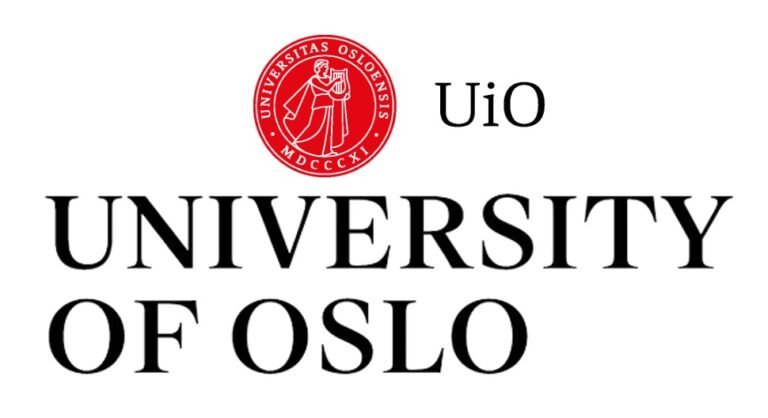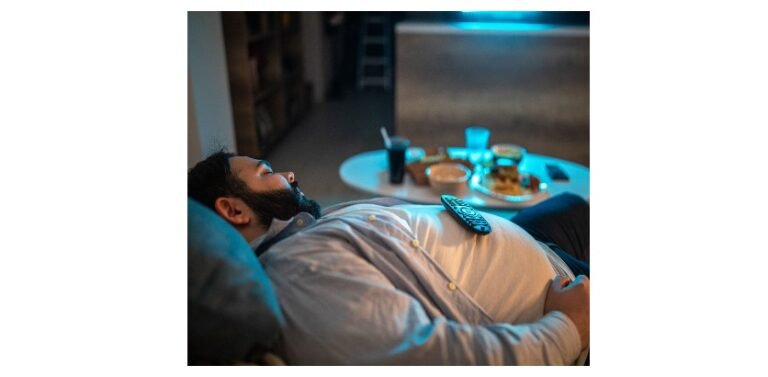About the position / About the job
Position as Researcher available at the VISTA Centre for CO2 storage in volcanicsedimentary systems (VICCO) and Njord Centre, University of Oslo.
The position is for a period of 2 years.
Starting date no later than 01.09.2025.
Job description / Project description
We are looking for an enthusiastic and skilled experimental scientist to join our team at the Njord Centre, University of Oslo
(https://www.mn.uio.no/njord/english/about/) for a 2-years Researcher position in the VICCO project funded recently as a VISTA Centre (https://vista.no/).
The aim of the VICCO project is to understand the potential for large-scale permanent CO2 storage through carbonate mineral forming reactions and how carbonatization may reduce the risk of reservoir leakage by improved seal integrity in mixed volcanic-sedimentary systems. VICCO will use a multidisciplinary approach to target complex volcanic-sedimentary systems with highly reactive mafic and ultramafic rocks, with the ultimate goal of finding scientific solutions towards a robust technology, which may enable gigatons of CO2 storage offshore Norway.
The main goal of this Researcher position will be to provide fundamental insight into CO2 mineralization potential in volcanic-sedimentary deposits at the pore scale. You will experimentally investigate in-situ carbonatization mechanisms at the nanometer to micrometer scales using atomic force microscopy (AFM) and surface force apparatus (SFA). The experiments will investigate mechanisms of
carbonate precipitation on isolated (AFM) surfaces and in confined pore spaces (SFA), both under no-flow and flow conditions. Your specific tasks as a Researcher, preferably with a background in experimental surface science and experimental mineralogy, will mainly include performing, analyzing, and interpreting AFM and SFA experiments on in-situ CO2 mineralization using mineral surfaces relevant for the volcanic-sedimentary deposits and selected in collaboration with other VICCO team members. You will also take part in designing the experimental setups and fabricating the appropriate surfaces for the experiments. Experiments will be supported by ex-situ analyses with SEM, Xray diffraction (XRD), and Raman spectroscopy. The expected outcomes of this project will be to assess the reactivity and carbonate mineralization rate of the system, depending on the mineral and fluid composition. You will scrutinize the mechanisms of carbonate precipitation, identify its preferential sites, and estimate timescales for these reactions in volcanic-sedimentary reservoirs in
collaboration with other members of the VICCO project.
VICCO brings together a world-leading interdisciplinary and international scientific team at the University of Oslo, with decades of experience in volcanicsedimentary systems. We are dedicated to finding scientific solutions towards a robust technology, which may enable gigatons of CO2 storage offshore Norway.
You will be an active member of this team and you will closely interact with the VICCO team members on a daily basis.
Qualification requirements
The Faculty of Mathematics and Natural Sciences has a strategic ambition of being a leading research faculty. Candidates for these fellowships will be selected in accordance with this, and expected to be in the upper segment of their class with respect to academic credentials.
Required qualifications:
- Applicants must hold a degree equivalent to a Norwegian doctoral degree in natural sciences (geoscience, physics, chemistry, material science, surface science or related fields) with a strong emphasis on experimental background. Doctoral dissertation must be submitted for evaluation by the closing date. Only applicants with an approved doctoral thesis and public defense are eligible for appointment.
- Strong experimental experience in surface science of minerals or inorganicmaterials, passion for experimental work, and patience and drive for challenging experiments. We are looking for a person who enjoys experimental research. Candidates experienced in atomic force microscopy and surface force apparatus techniques will be given a priority.
- Good knowledge of data analysis using Matlab, Python, or similar programming languages.
- Good experience in inorganic material characterization with standard techniques such as SEM-EDX, XRD, Raman, FTIR.
- The candidate is expected to publish papers in leading, international journals, and must therefore be able to document previous publications in top-level journals.
- Fluent oral and written communication skills in English.
Personal skills
- You have good communication skills, enjoy solving research questions as a
part of a team but you are also willing to take initiative. - You are enthusiastic and curious.
- You are not easily discouraged by challenging experiments.
We offer / We can offer you / Why should you choose us?
- Exciting and meaningful tasks in an organization with an important societal mission, contributing to knowledge development, education, and enlightenment that promote sustainable, fair, and knowledge-based societal development.
- Committed colleagues in a good working environment. A pleasant and stimulating work environment.
- Good welfare schemes.
- Opportunity of up to 1.5 hours a week of exercise during working hours.
- A workplace with good development and career opportunities.
- Membership in the Statens Pensjonskasse, which is one of Norway’s best pension schemes with beneficial mortgages and good insurance schemes.
- Salary in position as Researcher, position code 1109 in salary range NOK from 579 000 – 700 000, depending on competence and experience. From the salary, 2 percent is deducted in statutory contributions to the State Pension Fund.
Read more about the benefits of working in the public sector at Employer Portal.
Inclusive worklife and diversity at UiO
Inclusion and diversity are a strength. The University of Oslo has a personnel policy objective of achieving a balanced gender composition. Furthermore, we want employees with diverse professional expertise, life experience and perspectives.
If there are qualified applicants with disabilities, employment gaps or immigrant background, we will invite at least one applicant from each of these categories to an interview.
We hope that you will apply for the position.
Application
Your application should include:
- Cover letter (statement of motivation for working on this project, summarizing your previous scientific work and current research interests. Please explain why you are the best candidate for this position?)
- CV (with your employment history, research experience, and other relevant information about you)
- Copies of educational certificates (doctoral and master’s degrees), academic transcript of records
- A complete list of publications and copies of up to 5 academic works that the applicant wishes to be considered by the evaluation committee.
- Names and contact details of 2-3 references (name, relation to candidate, e-mail and telephone number)
- Optional letters of recommendation.
The application with attachments must be delivered in our electronic recruiting system, please follow the link “apply for this job”. Foreign applicants are advised to attach an explanation of their University’s grading system. Please note that all documents should be in English (or a Scandinavian language).
In assessing the applications, special emphasis will be placed on the documented, academic qualifications, the project description (whenever this is required in the call for applicants), and the quality of the project as well as the candidates motivation and personal suitability. Interviews with the best qualified candidates will be arranged.
It is expected that the successful candidate will be able to complete the project in the course of the period of employment.
General information
The best qualified candidates will invited for interviews.
Applicant lists can be published in accordance with Norwegian Freedom of Information Act § 25. When you apply for a position with us, your name will appear on the public applicant list. It is possible to request to be excluded from this list. You must justify why you want an exemption from publication and we will then decide whether we can grant your request. If we can’t, you will hear from us.
Please refer to Regulations for the Act on universities and colleges chapter 3 (Norwegian) and Rules for the use of research posts SKO 1108, 1109, 1110 and 1183 at UiO.
The University of Oslo has a transfer agreement with all employees that is intended to secure the rights to all research results etc.




